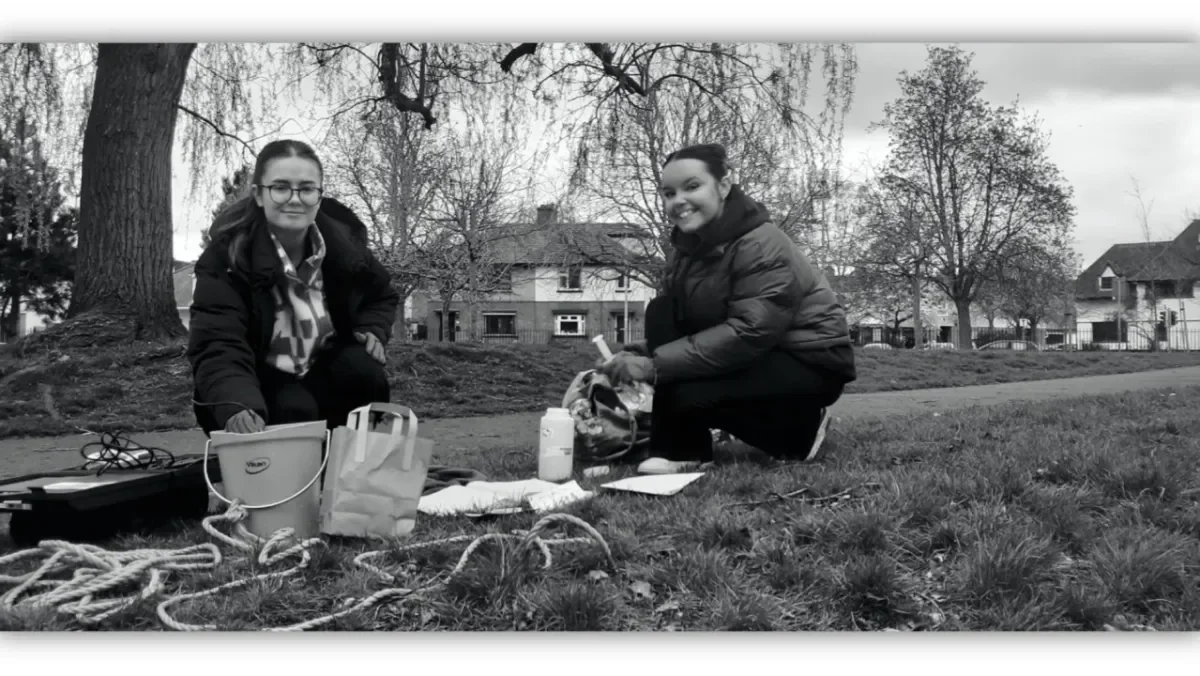

Citizen Science in Action: Testing a New Tool for Pesticide Monitoring in Dublin Rivers
Pesticides in water pose serious risks to both human health and the environment. Once introduced into rivers, lakes, or groundwater—often through agricultural runoff or urban drainage—they can persist and accumulate over time. Certain pesticides, such as organophosphates and carbamates, are known to disrupt the nervous and endocrine systems, with long-term exposure linked to developmental, reproductive, and immune disorders. It’s estimated that pesticide poisoning contributes to over 300,000 deaths per year. In aquatic environments, these chemicals threaten ecosystems by harming the reproduction and survival of fish, invertebrates, and other wildlife, ultimately disrupting entire food chains and reducing biodiversity.
As climate change leads to more frequent and intense hydro-climatic events—including heavy rainfall and storms—the risk of pesticide contamination in water bodies is increasing. These extreme weather events accelerate the movement of pesticides from land into aquatic systems via runoff, drainage, and overloaded infrastructure. Sudden downpours can wash freshly applied pesticides off fields, causing spikes in contamination that endanger drinking water supplies and aquatic life. Yet, existing monitoring systems are often too infrequent or slow to capture these rapid, event-driven changes in water quality. There is a growing need for real-time, responsive tools that can track pesticide pollution as it happens—especially under the pressures of a changing climate.
That’s where the STARDUST project comes in. Funded by the European Commission and The Norwegian Research Council, STARDUST aims to develop an ultra-sensitive optical sensor system capable of detecting multiple pesticides simultaneously, directly in surface and groundwater. The project combines cutting-edge surface-enhanced Raman spectroscopy, microfluidics, and advanced data processing to deliver real-time pesticide monitoring. A core element of STARDUST is citizen science—empowering the public to collect samples during key moments, particularly during or after extreme weather events, helping researchers gather richer, more geographically diverse data.
MSc student Chloe Martin from Dublin City University (DCU) has conducted the first field trials of a new citizen science sampling tool developed as part of STARDUST. The trials were carried out on Dublin’s Tolka and Santry Rivers, which face ongoing pressures from pollution and urban runoff. The tool uses a Solid Phase Extraction (SPE) cartridge attached to a syringe, offering a compact and cost-effective method for concentrating pesticide residues on-site. It is specifically designed to be easy to use, transportable, and suitable for broad public participation.
These early trials confirmed that the tool is both user-friendly and capable of producing samples ready for laboratory analysis, marking a key milestone in the project’s development. By the end of the year, the tool will be deployed on a larger scale as part of a Water Blitz, in which citizen scientists will collect samples on designated dates and in response to rainfall events. This two-tiered approach will help researchers compare pesticide levels under both baseline and post-event conditions, shedding light on how climate extremes affect water quality.
As development continues, STARDUST is paving the way for a more inclusive and adaptive approach to environmental monitoring—one where science is powered by people, and resilience starts in our rivers.
